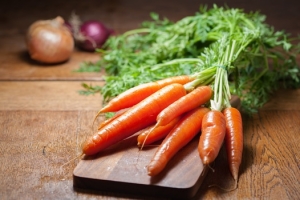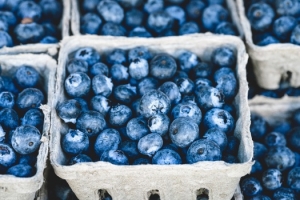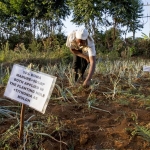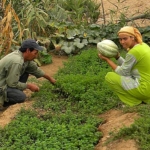Organic: The bread and butter of our future
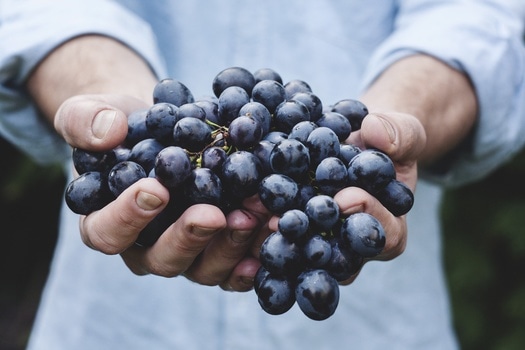
Currently, the most organic conscious nation in the world is Denmark. Eight percent of all food sold is organic, with nuts, carrots and milk being the most popular products in 2014-2015, according to Organic Denmark — an association of companies, organic farmers and consumers. The organic agriculture is the way to go with our food, but let’s see why it’s about time to leave conventional farming behind.
We are more or less seven billion living humans on Earth — an alarming increase of 6 billion people in 200 years only. Thus, in a time of population eruption and environmental degradation, organic farming could be established as the most sustainable and healthy way to feed our species.
While the opponents of organic farming argue that the productivity of conventional farming is significantly higher, and at the same time requires less acres of land, Professor John Reganold of Soil Science and Agroecology at the Washington State University along with his team have found that yields are indeed increasing with non-organic farming but at the expense of our personal and our environment’s well being.
Organic agriculture takes a proactive approach, establishing an ecological balance while producing food. Along with the organic label comes a series of long term benefits and great accomplishments. More specifically, GMOs aren’t used intentionally in the production and processing of organic products. Pesticide-free lands attract new or re-colonising species, including wild flora and fauna, pollinators and predators, and reduce the risks of groundwater pollution. Overall, organic agriculture is a less polluting agricultural system, which promotes biodiversity and quality over quantity.
The number of organic farms is growing, as well as the awareness and demand from the consumer’s side, who are willing to pay more for organic products
As per Professor Reganold’s article in The Guardian, organic farming is also looking after its own people, who are provenly having access to more job opportunities, and are also having less exposure to unhealthy pesticides and hazardous chemicals. Eventually, organic agriculture has the potential to provide for Earth’s population for years and years, as long as public policies and private investments support and encourage conventional farmers to convert to organic methods.
Even though the global agricultural land occupies only 1%, we are heading towards the right direction. We see that the number of organic farms is growing, as well as the awareness and demand from the consumer’s side, who are willing to pay more for organic products — a price, which compensates farmers for preserving the quality of their land.






